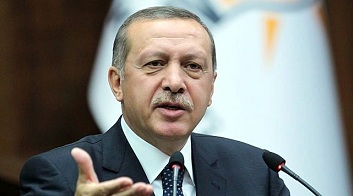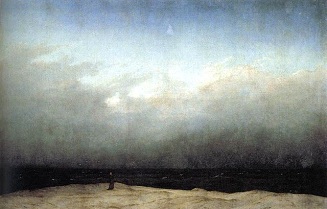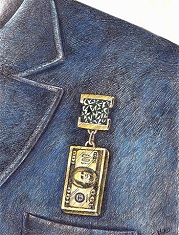Anti-Israeli Friction Helps Palestinians
Borrowing the opening line from Dickens' "Tale of Two Cities:"
"It was the best of times, it was the worst of times...."
He referred to the French Revolution, promising "liberté, égalité, fraternité." Inspired by America's, it began in 1789, ending 1,000 years of monarchical rule, benefitting the privileged only. A republic replaced it.
That was the good news. The bad was the wrong people took power. The moderate Jacobins lost out to extremists, ushering in a "reign of terror."
Change doesn't always work out, but when intolerable conditions exist, trying for something better is key. It holds for Palestinians wanting freedom from Israel's repressive occupation. Statehood and full de jure UN membership is step one toward it, though no guarantee.
Palestinians have many global supporters, including Turkish Prime Minister Recep Tayyip Erdoğan. Israeli crimes he opposes drew him closer, and he's not shy about saying it and more.
On September 13, Turkey's Today's Zaman headlined, "Erdoğan calls on Arab nations to unite, raise the Palestinian flag," addressing a Tuesday Arab League meeting in Cairo.




























